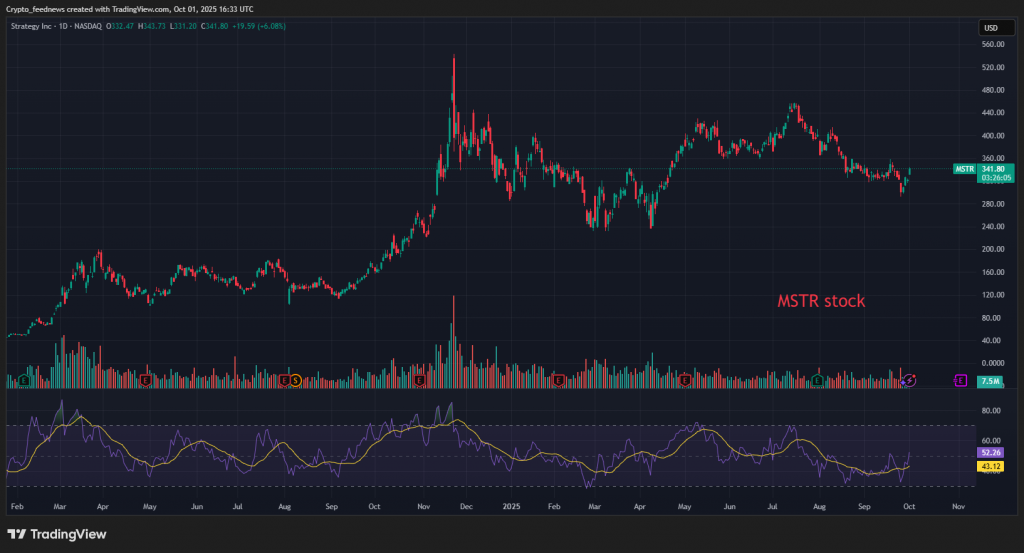The U.S. Treasury and IRS have issued new guidance that softens the Treasury CAMT rule. This update is a major victory for companies like MicroStrategy, which will no longer face a potential tax on the unrealized gains of their Bitcoin holdings.
What Changed with the Treasury CAMT Rule?
The Corporate Alternative Minimum Tax (CAMT) initially proposed a 15% levy on the paper income of large corporations. For Bitcoin-heavy firms, this meant being taxed on their holdings’ market value, not their purchase price.
The new Treasury CAMT rule interim guidance allows companies to ignore unrealized crypto gains and losses when calculating their tax liability. This reversal follows strong pushback from industry leaders who argued the rule was unfair.
A Major Win for Strategy and Crypto
Strategy immediately responded to the updated Treasury CAMT rule, stating it no longer expects to be subject to the tax. The company holds 640,031 BTC, with unrealized gains in the billions.

The news sparked a 3% rally in its stock (MSTR). Pro-crypto Senator Cynthia Lummis praised the move, stating it “clears the way for the U.S. to become the world’s Bitcoin superpower.”
Why This Matters
This shift removes a significant barrier to corporate Bitcoin adoption. By clarifying the Treasury CAMT rule, the U.S. is creating a more favorable environment for businesses to hold digital assets on their balance sheets without an immediate tax burden.

